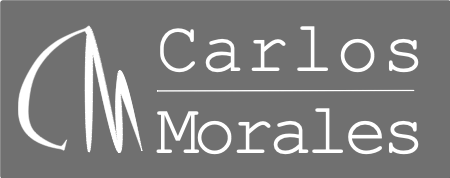Recently I was walking around an airport and saw a tech ad for ‘creators’, with a very cool person sitting in front of a very cool audio mixing panel presumably creating very cool things.
Fair enough. It was meant to evoke the urge to create in all of us, especially those who don’t often get too. It certainly did so for me, at least momentarily.
It got me thinking, though… I am a creator, I have been my entire coding life. Coders make beautiful, invisible, tiny, intricate things – the most complex things ever made by humankind. More delicate than spiderwebs, more perplexing than Escher.
We take joy in making these things when we can. We see what we want to make in our minds, try to capture that thing we see, despair when it doesn’t work, puzzle it out, reinvent, and try again. We hack, compose, conduct, borrow, inspire and in turn are inspired.
That thing I do, that thing we code lovers do, it is art. It can be harder to appreciate than Dostoyevsky, more esoteric than Hildebrand, and is behind some of the most useful artifacts humanity has ever made. Even fellow code artists might not always appreciate what you’ve created, nor do you expect them to. The things created by code have the power to make us as powerful as demigods or as stupid as jellyfish bobbing along tiktokian currents. They have the potential to elevate us and contain the potential of changing us utterly. All art has this power.
As an art form, as a means of expressing thought and pattern and beauty, coding rivals language, painting, every form of expression. Logic is the fundament of all things, even the illogical. If you can’t fully express that system you see in your head, maybe you can describe a system for specifying systems, or a system for specifying systems for specifying systems, and soon enough you are creating universes.
Michelangelo could make you cry with a statue. Spielberg can make you cry with a nuance of lighting and a haunting note. The worlds created using code can make you lose yourself entirely.









Leave a Reply